2022-2023 Faculty Fellows
Introduction
The faculty fellowship program has supported research resulting in major books and articles in the humanities. Faculty Fellows each present a public lecture and participate in regular fellows seminars.
Margarita Saona, Hispanic and Italian Studies
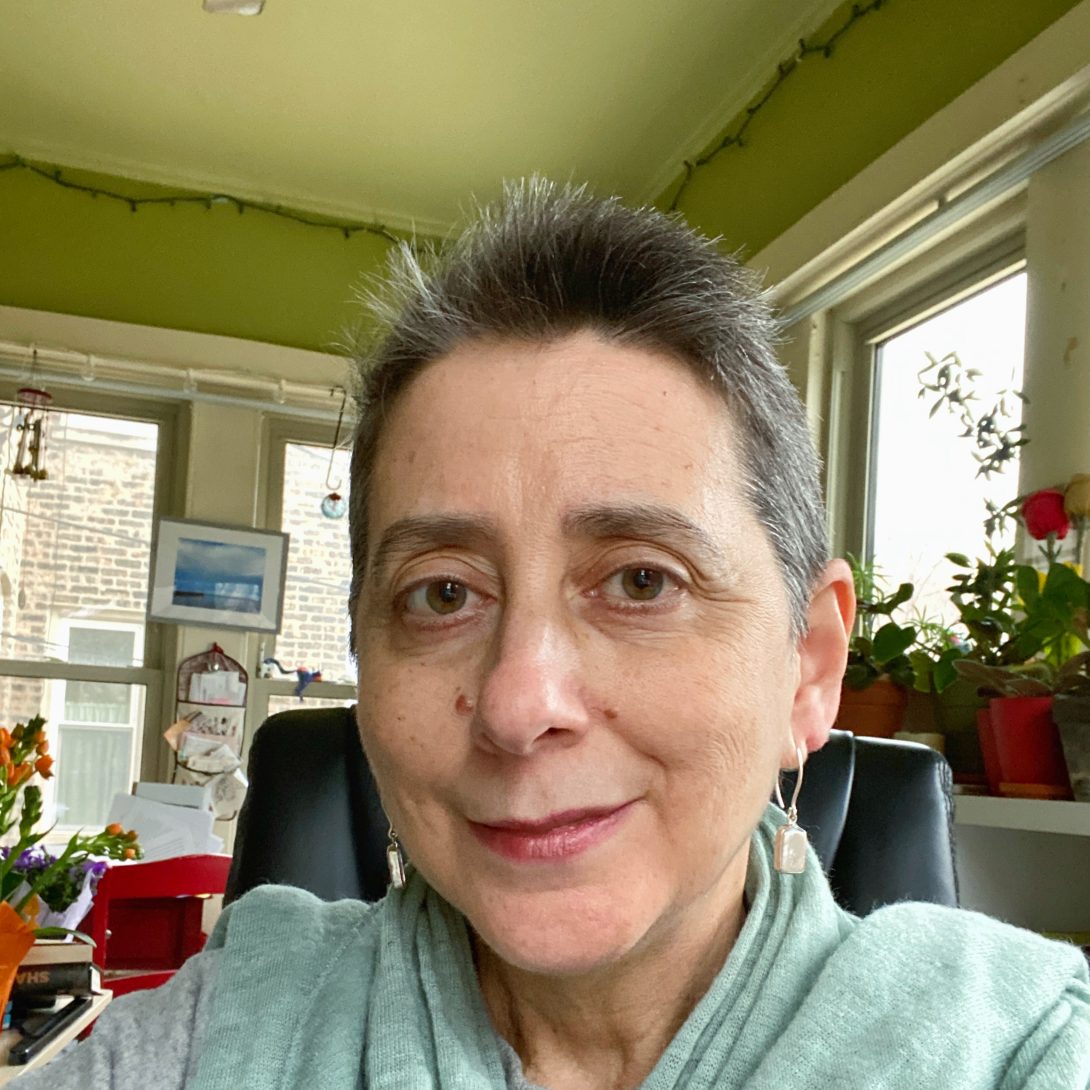
Professor Margarita Saona studied linguistics and literature at Pontificia Universidad Católica del Peru and received a Ph.D. in Latin American literature from Columbia University in New York. She is interested in issues of gender, memory, cognition, empathy, and representation in literature and the arts. She has published numerous articles, three books on literary and cultural criticism, Novelas familiares: Figuraciones de la nación en la novela latinoamericana contemporánea (Rosario, 2004) and Memory Matters in Transitional Perú (Londres, 2014), and Despadre: Masculinidades, Travestismos y Ficciones de la Ley en la Literatura Peruana, and three books of short fiction, Comehoras (Lima, 2008), Objeto perdido (Lima, 2012), and La ciudad en que no estás (2021). Her book of poems, Corazón de hojalata/Tin Heart (Chicago, 2017), received the El Comercio, Luces award for the best book of Peruvian poetry in 2017. Her current project, Corazón en trance, is a multi-genre rendition of her experience as a heart transplant recipient.
Keith Budner, Hispanic and Italian Studies
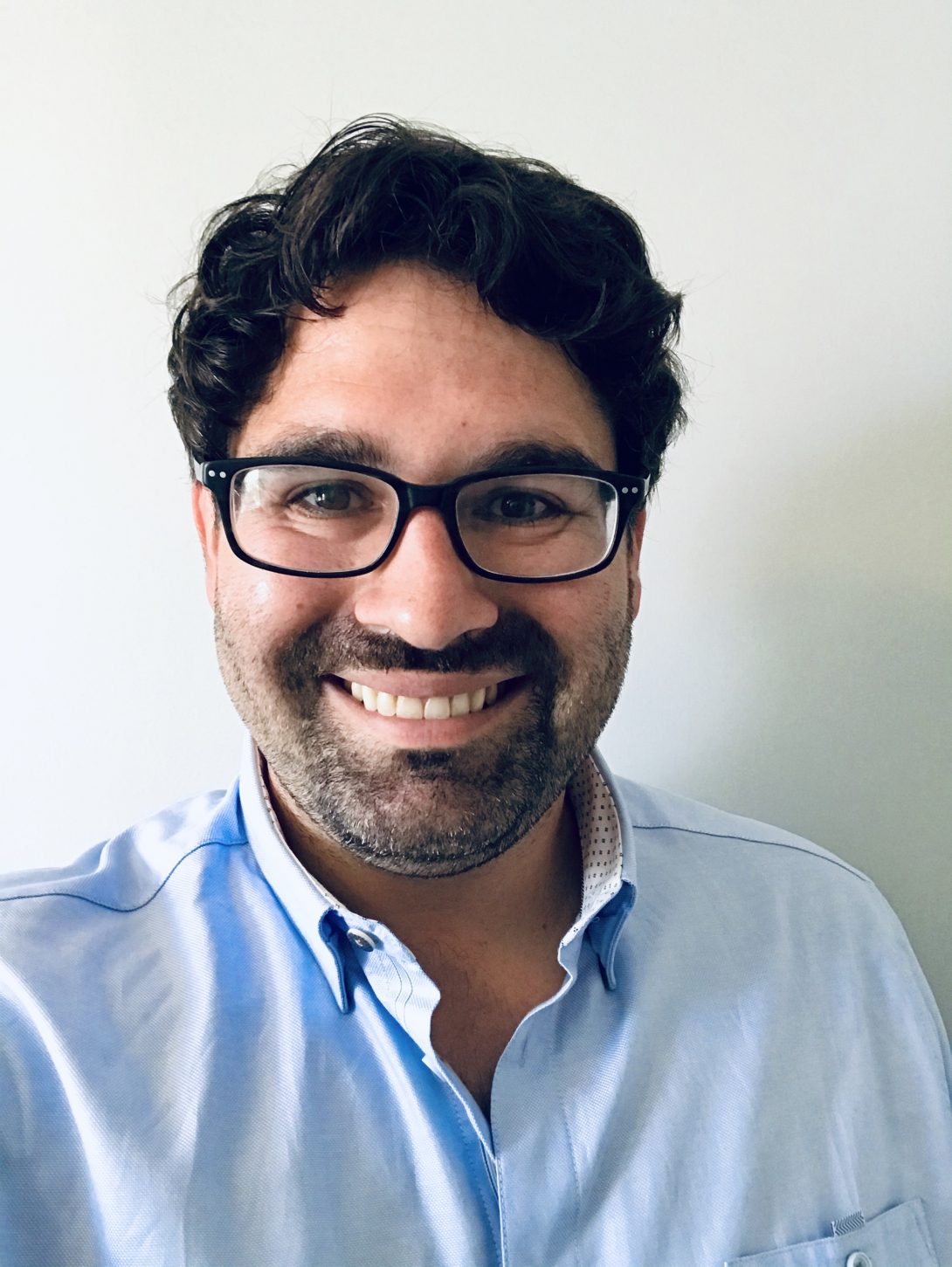
Keith Budner specializes in the literature and culture of late medieval and early modern Spain, which he situates in a comparative framework alongside Latin, Hebrew, Classical Greek and Italian. He comes to UIC after a year at Berlin’s Freie Universität, and prior to that lived in the Bay Area and Madrid. He has published on the role of Classical myth and Renaissance painting in Cervantes’s Don Quijote and how late medieval romances responded to the “Morisco Question.” His first book project, Classicism and Convivencia: How Sephardic and Judeoconverso Humanists Invented Spain, argues that the cultural revival of the Roman colony of Hispania enabled new modes of national belonging, creating communities and identities no longer defined by blood lineage but instead centered on shared intellectual activity and literary production. Keith also leads an ongoing Digital Humanities project on the “Printer-Scholars” of the early modern world and is exploring new interests in cartography, ancient to early modern, and the history of board games.
Gayatri Reddy, Gender and Women’s Studies & Anthropology
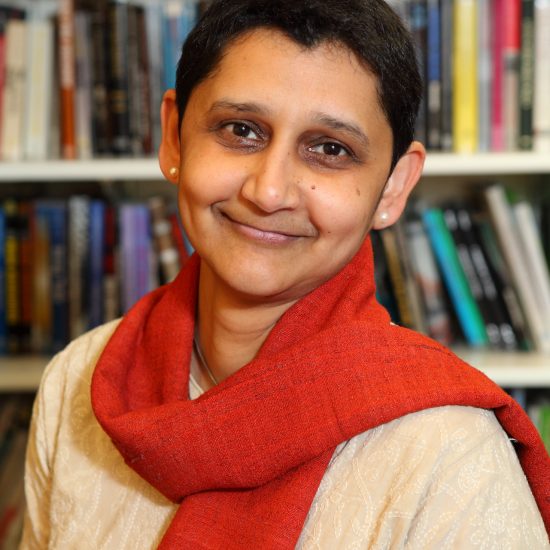
Gayatri Reddy is an anthropologist, feminist, writer, and teacher. She got her B.A from the University of Delhi, her Masters’ in Public Health and her Ph.D in Anthropology from Emory University. She is a currently an Associate Professor of Gender and Women’s Studies, Global Asian Studies, and Anthropology at the University of Illinois Chicago. Her research, teaching and community engaged work lie at the intersections of sexuality, gender, race, and the politics of subject and community formation in India and the Indian diaspora. She is the author of With Respect to Sex: Negotiating Hijra Identity in South India (University of Chicago Press, 2006), an ethnography of hijras, part of the so-called “transgender” community in India. Like the larger corpus of her work, this book locates such figures of sexual difference, and the domain of sexuality more generally, within a broader field of social difference, exploring the intersections of gender and sexuality with religion, race, ethnicity, and class in South Asia and its diaspora. More recently, she has begun a research project exploring the contextual meanings of blackness in contemporary India through the lens of Indian Ocean world “African” migrations to India in the wake of slavery’s abolition. Tracing these historical routes and geopolitical mappings through the prism of masculinity, this project historically and ethnographically explores the complex ways in which race, blackness, and masculinity are constructed through global and local contours of difference to shape contemporary belonging. In addition, she is also working on a public history project in Chicago (with Anna Guevarra), visualizing displacements of people and struggles over land, housing, and community stemming from urban renewal policies in the northside Chicago neighborhood of Uptown. The project draws on long histories of intentional place-making, multiracial solidarity, and working-class resistance to such policies, raising critical questions about how we understand urban “development” or renewal, who this development is for, and how it is structured.
Jonathan Connolly, History
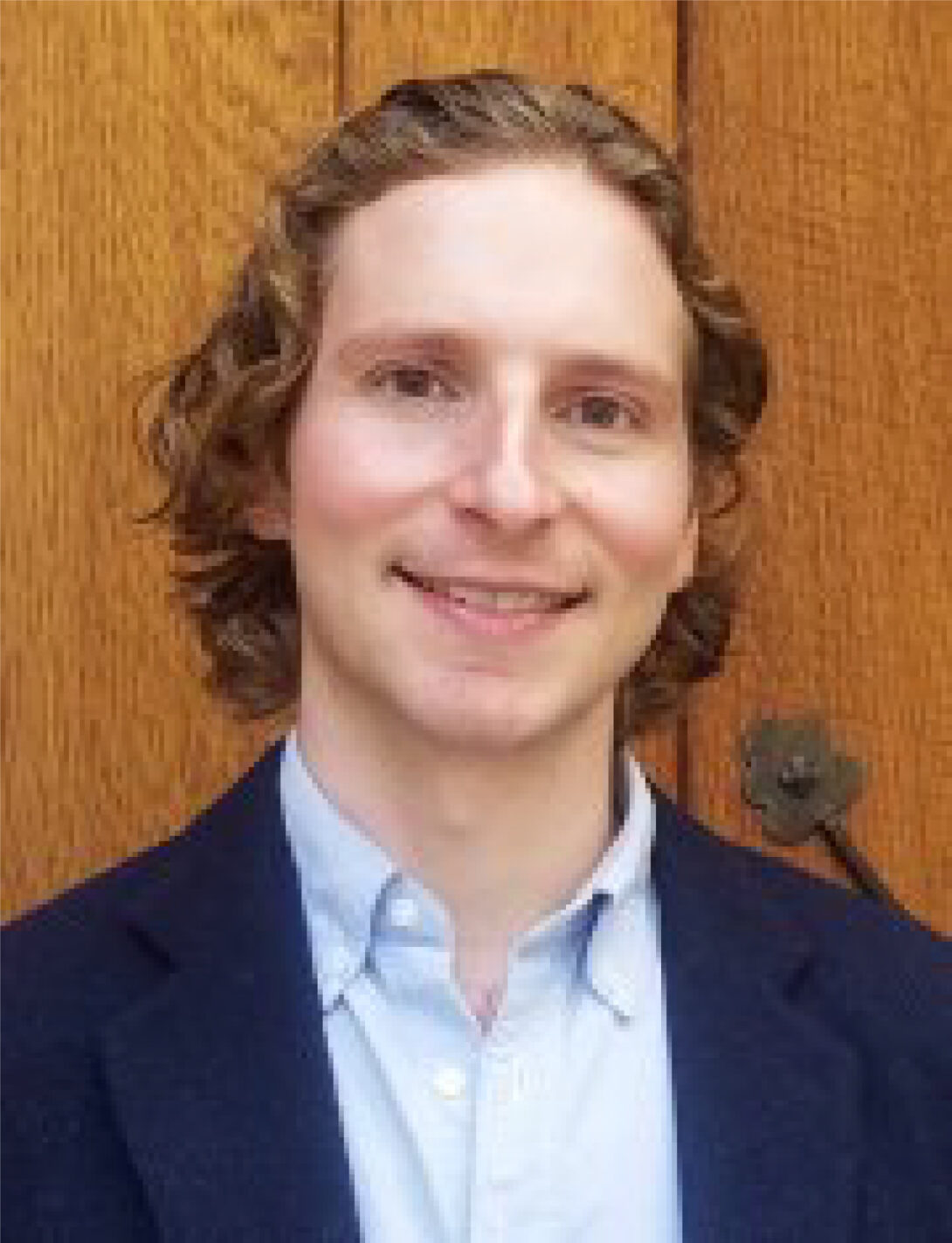
Jon Connolly is an assistant professor in the Department of History. He is an historian of the British empire with transnational interests in migration, law, and the history of emancipation. His research concerns antislavery, imperial political and legal culture, and the category of free labor in Britain, the Caribbean, and the Indian Ocean worlds during the nineteenth century. He is writing a book about Indian indentured labor migration in this context, and has published related work in Past & Present and Slavery & Abolition. He is the recipient of fellowships and awards from the Mellon Foundation, the North American Conference on British Studies, and the American Society for Legal History, among others. Prior to UIC, Connolly held postdoctoral fellowships at the Mahindra Humanities Center at Harvard University and at the Shelby Cullom Davis Center at Princeton University.
Rahim Kurwa, Criminology, Law, and Justice
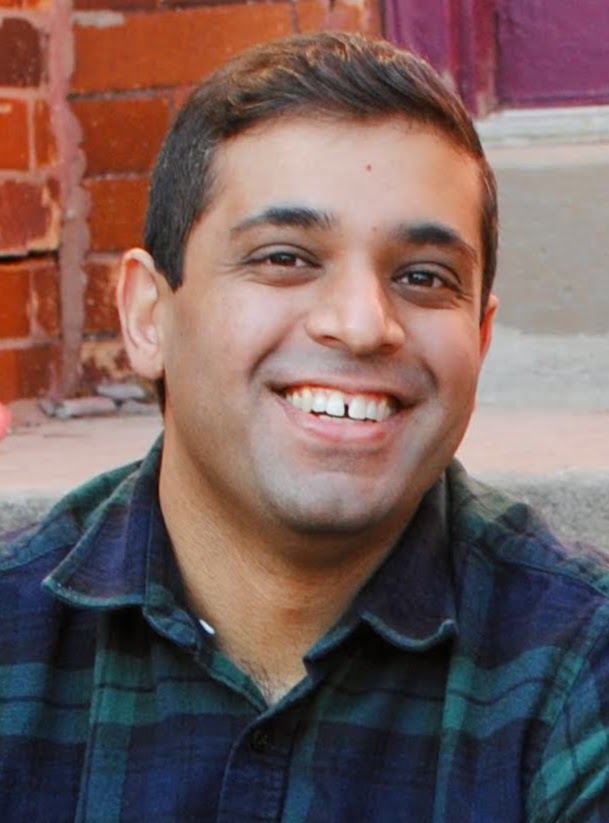
Rahim Kurwa is an Assistant Professor in the Department of Criminology, Law, and Justice and Department of Sociology (by courtesy) at the University of Illinois at Chicago (UIC). His work is broadly focused on the policing of housing, and he has published scholarship on this topic in Du Bois Review, Housing Policy Debate, City and Community, and Feminist Formations. His book project, Apartheid’s Afterlives: Policing Black Life in the Antelope Valley, traces the Black history of Los Angeles’ northernmost outpost, known as the Antelope Valley, and shows how pre-1968 methods of racial segregation in this region have been replaced today by policing. His other interests include the family implications of the policing of housing assistance, the interrelatedness of policing and segregation, and the history of policing in public housing and its successor programs. He currently serves as the chair of the Poverty, Class, and Inequality Division of the Society for the Study of Social Problems. He received his PhD in Sociology from the University of California at Los Angeles in 2018.
Rachel Goodman, Philosophy
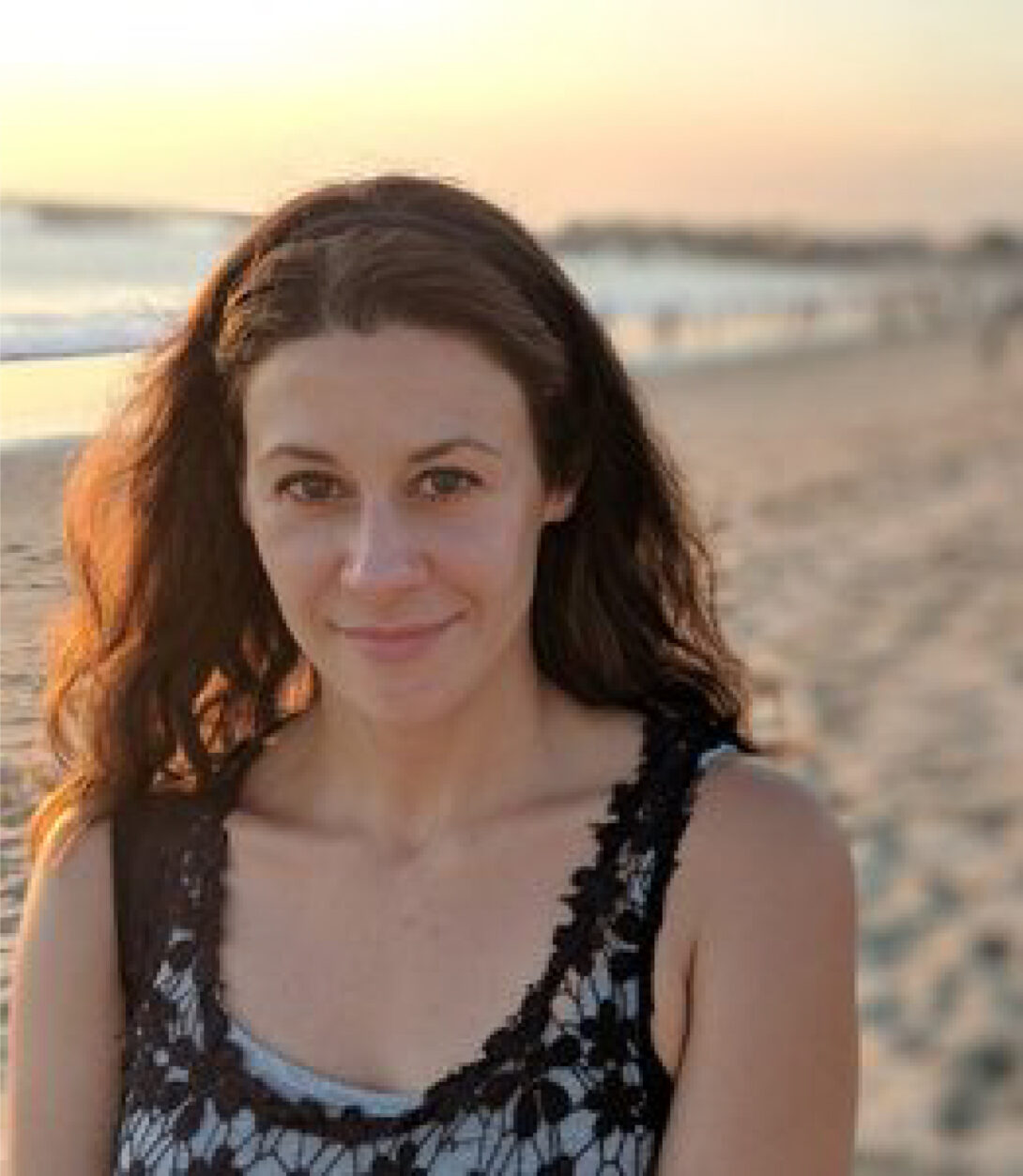
Rachel Goodman is an Associate Professor. She received her PhD from the University of Chicago and, before coming to UIC, was an Assistant Professor at the University of Nebraska, and the University of Wisconsin Milwaukee.
Rachel’s research interests lie in the philosophy of mind and language, with a focus on the nature of representation. She’s interested in questions about mental reference and so-called ‘singular’ (or de re) thought, along with connected issues in the philosophy of language. She’s also interested in the notion of a mental file, in explanations of de jure coreference in language and thought, in different kinds of representational format, and in the format/content distinction.